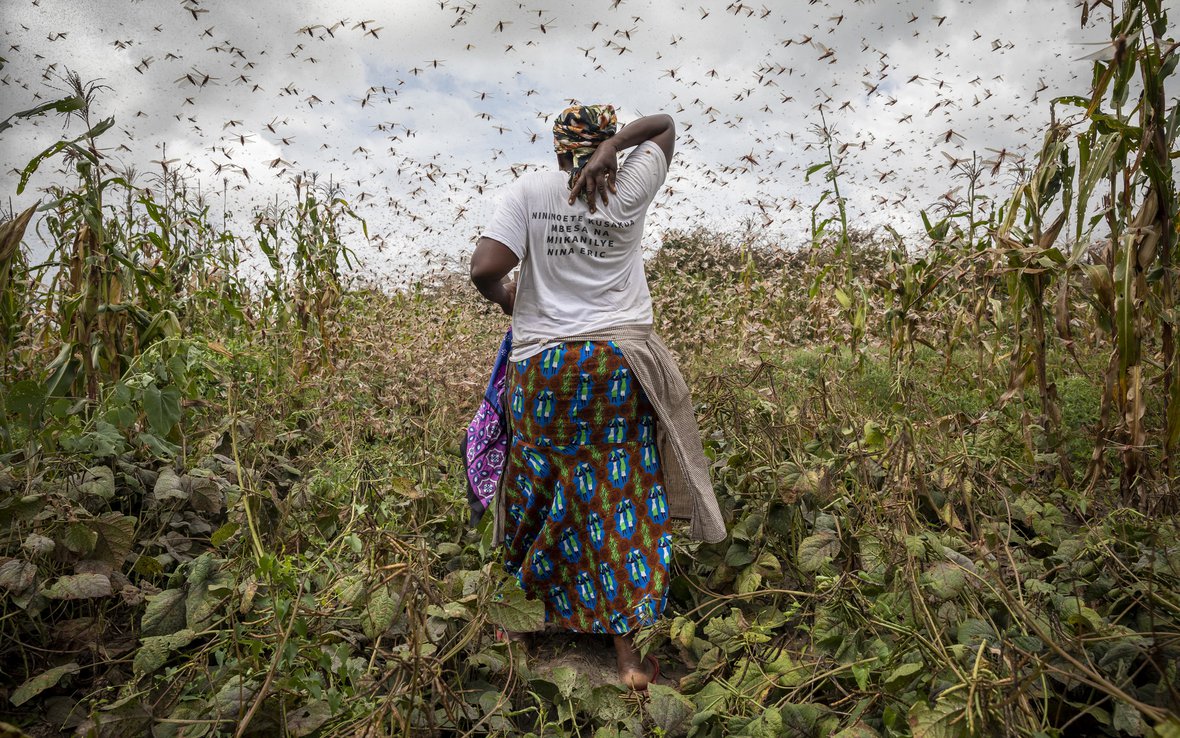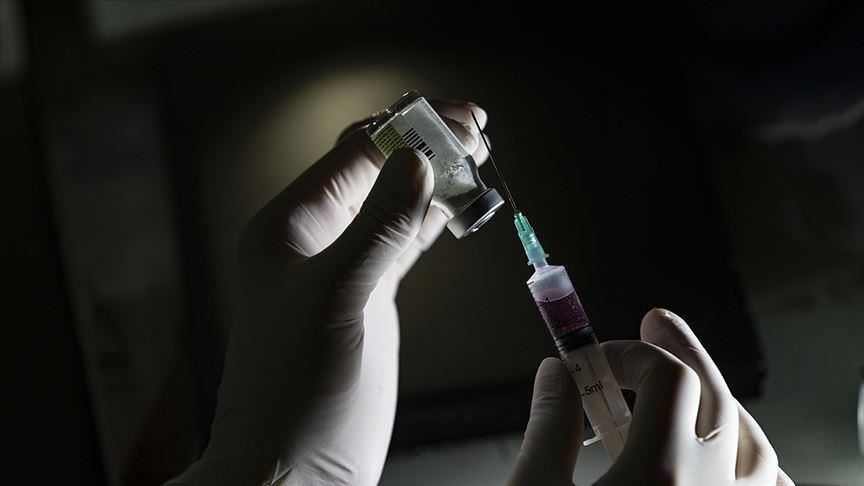COVID-19 vaccination in Africa is gathering pace, with more than 7 million doses so far administered. But the continent received vaccines later than other regions of the world and in limited quantity. A few weeks after launching vaccinations, some countries are nearly exhausting their initial supplies. Professor William Ampofo, chairperson of the African Vaccine Manufacturing Initiative, discusses vaccine manufacturing in Africa.
What is the current vaccine manufacturing capacity in Africa?
There are fewer than 10 African manufacturers with vaccine production and are based in five countries: Egypt, Morocco, Senegal, South Africa and Tunisia. There is very limited upstream production with most local companies only engaging in packaging and labelling, and occasionally fill and finish steps. Noteworthy, there are about 80 sterile injectables facilities on the continent, which may provide an opportunity for vaccine production given the primary dosage form in Africa is vials.
How does that capacity affect vaccine availability in the continent?
Almost all the current vaccine capacity in Africa is focused on supply to internal country markets with very little export taking place. Current capacities are modestly scaled with a glaring absence of large-scale (fewer than 100 million doses) capacity.
As highlighted by COVID-19, this severely limits vaccine availability in disease emergency situations as there is no immediate readiness to repurpose facilities for large-scale production through partnerships. It is therefore vitally important that African vaccine manufacturers establish supply networks to export to markets (in Africa and elsewhere). Supply chain could use the existing economic zones in Africa. For example, the Economic Community of West African States.
*The views of the above article are those of the author and do not necessarily reflect the views of Africa Speaks 4 Africa or its editorial team.




